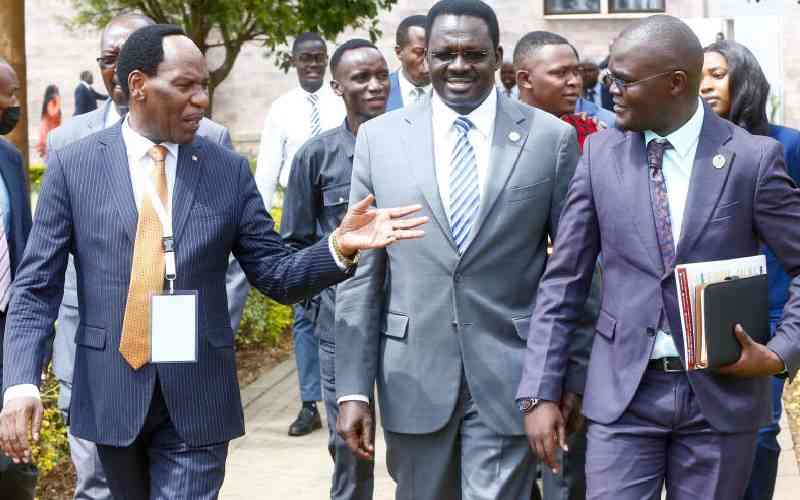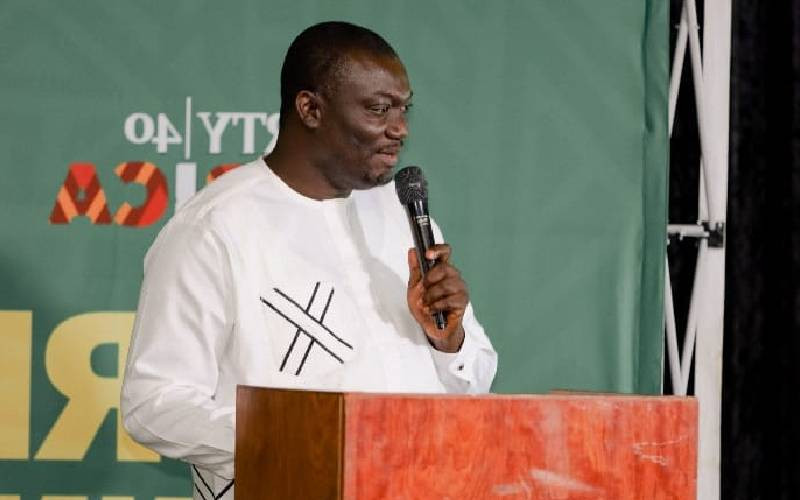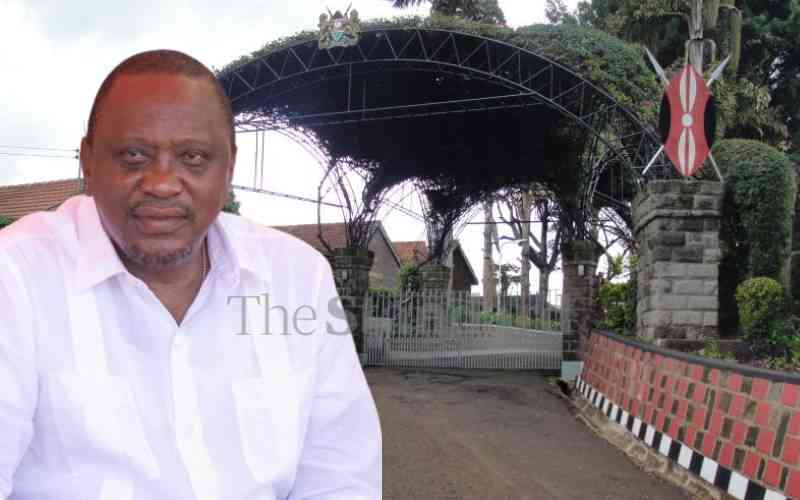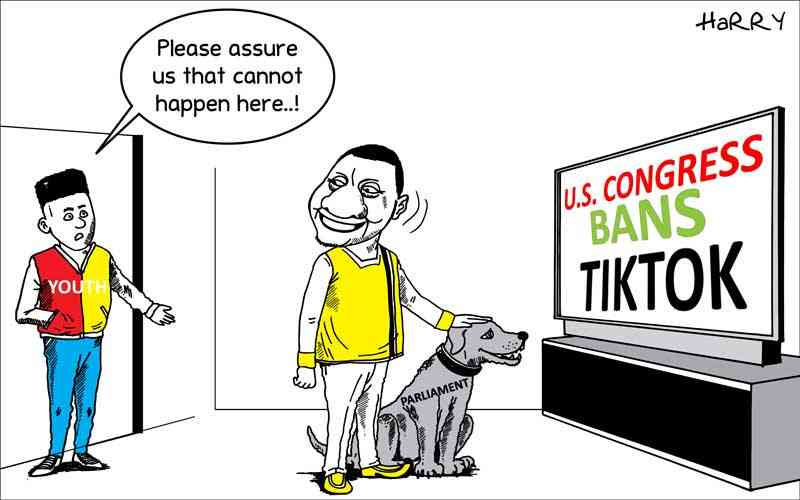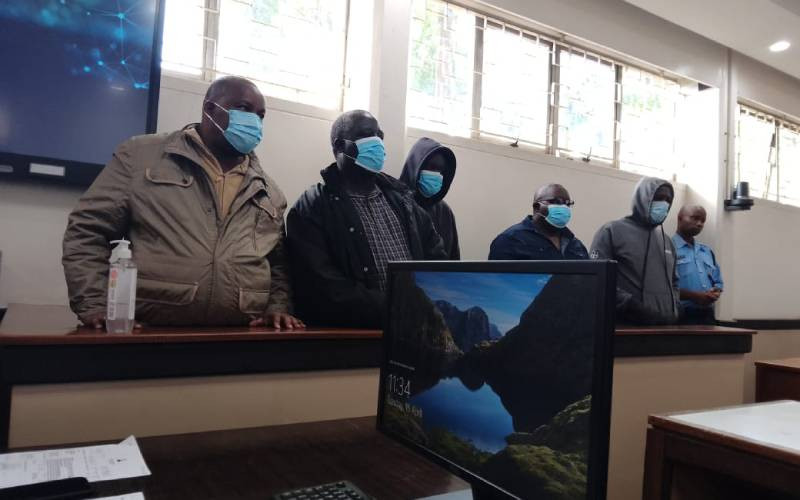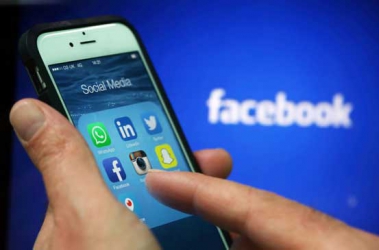
Businesses are scrambling to get on board the social media train and harness the power of online marketing.
Aware of the opportunities this has created, there are those who have planted their feet firmly across various social media platforms, and are monetising this online presence. They’ve turned this well and truly into the age of the social media influencer.
From free merchandise to paid vacations, being a social media influencer sounds like the dream job. But what exactly does it mean to be one – and how does one sign up for this gig?
With almost 17,000 followers on Instagram, 27-year-old photographer Trevor Maingi gives us a peek behind the curtain, and introduces us to the world of social media marketing.
You call yourself ‘The Mentalyst’ online. Why?
If you have watched the TV series, The Mentalist, then you’ll know that the main character, Patrick Jane, is a man who sees what others don’t. I admire that about him. I like looking for the different angles and seeing what might not be obvious to others.
How would you describe what you do?
I am a photographer – specifically, a travel and urban explorer with a touch of lifestyle here and there. For me, photography is not yet a full-time job, although I’m hoping that by next year it will be. I work as a content creator for an advertising agency. I take photos and videos for them.
Why is this the kind of photography that you choose to focus on?
It’s out of curiosity. I find the outdoors more interesting. I like to explore different cultures and different cities.
You’ve drawn the attention of various brands – how did you grow your social media following to begin with?
By constantly pushing out content. I do one post a day on Instagram, except on Sundays. I have never advertised on social media.
I use specific hashtags that promote my content to other Instagrammers internationally who are interested in particular topics. I found that the more I focused on one particular subject – urban landscapes and travel – the more I drew in an engaged audience. The level of engagement is what brands look for when they approach me.
Did you start your social media pages with the intention of tapping them for business?
Stay informed. Subscribe to our newsletter
No, it all started as a hobby for me. I initially got big on Twitter and then later transitioned onto Instagram. This was in 2015, when the photo-sharing platform was still relatively untapped. I started as a mobile photographer where I would take photos with my phone, but now I use both my phone and a professional camera.
How did you turn this following into a source of income?
In mid 2015, shortly after I started on Instagram, I went for my first Instameet. Seeing other people’s pictures grew my curiosity, so I started learning how to do photography better.
A few months later, Samsung approached me to do a campaign for them. They had a new phone they were introducing to the market and wanted me to promote it. That was my first gig.
What about you got Samsung’s attention?
I had about 3,000 followers at the time and I guess they liked the kind of pictures that I had been posting. In this industry, content is king.
When I first got started, I would shoot everything. Slowly I started to notice what I was good at and what I wasn’t doing so well, so I concentrated on travel and urban landscape photos. Brands like to work with people who are focusing on a specific style.
How did you decide what you were going to charge Samsung for your work?
They are the ones who told me what they were going to pay me. There were no negotiations. Now, however, I have a manager who deals with these things for me. He is the one who deals with the clients and negotiates my fee. His payment is a percentage of this fee.
What other brands have you worked with?
I have worked with Samsung, Huawei, Oppo, Guinness and Airbnb.
Have they been the ones to approach you or did you go to them?
They have approached me. I have worked with Huawei twice. The first time they came to me, but the second time my manager reached out to them. It was a more detailed project; it was a film project and there were many aspects to be negotiated.
What do you require to have when pitching to brands?
I need to show them my portfolio, which includes the pictures I have taken and the campaigns that I have done. I only approach brands that fit in with what I’m doing. As much as I need the money, my style doesn’t match up with every brand, and so I have to be selective about whom I work with.
You have a lot of photos from various destinations around the world. Do you get paid to travel?
I was paid for the Egypt trip. Usually what happens in such cases is that the client pays for your flights, accommodation and other expenses.
Depending on the brief they give you detailing what they want you to do, you can then determine how much you’re going to charge them. Most brands want you to blog about the project, post on Twitter and create a hashtag.
Why are brands feeling the need to work with influencers?
Advertising media is changing to digital platforms. Although companies can put up their own ads online, they choose to work with people like me because of the reach I have.
There is a difference between a regular ad and me recommending a certain product to my followers. An ad will only highlight the good things about the products, while I’ll talk about the good and the bad, and even recommend how best to use a product. It is a review as opposed to just an ad.
How would a brand be able to differentiate between a genuine influencer and one who has bought followers?
Instagram is working very hard to get rid of accounts that use bots to add followers and all that, but one can always tell if someone is genuine through the engagement on their pages. Someone who has 50,000 followers but very few likes or comments isn’t genuine.
What do you see the trajectory of your career being?
I’m hoping to be a bigger brand within five years’ time. I also hope to influence advertising agencies to stop using Shutterstock images for their ads, but to instead engage local creatives to take these pictures for them.
 The Standard Group Plc is a
multi-media organization with investments in media platforms spanning newspaper
print operations, television, radio broadcasting, digital and online services. The
Standard Group is recognized as a leading multi-media house in Kenya with a key
influence in matters of national and international interest.
The Standard Group Plc is a
multi-media organization with investments in media platforms spanning newspaper
print operations, television, radio broadcasting, digital and online services. The
Standard Group is recognized as a leading multi-media house in Kenya with a key
influence in matters of national and international interest.
 The Standard Group Plc is a
multi-media organization with investments in media platforms spanning newspaper
print operations, television, radio broadcasting, digital and online services. The
Standard Group is recognized as a leading multi-media house in Kenya with a key
influence in matters of national and international interest.
The Standard Group Plc is a
multi-media organization with investments in media platforms spanning newspaper
print operations, television, radio broadcasting, digital and online services. The
Standard Group is recognized as a leading multi-media house in Kenya with a key
influence in matters of national and international interest.


